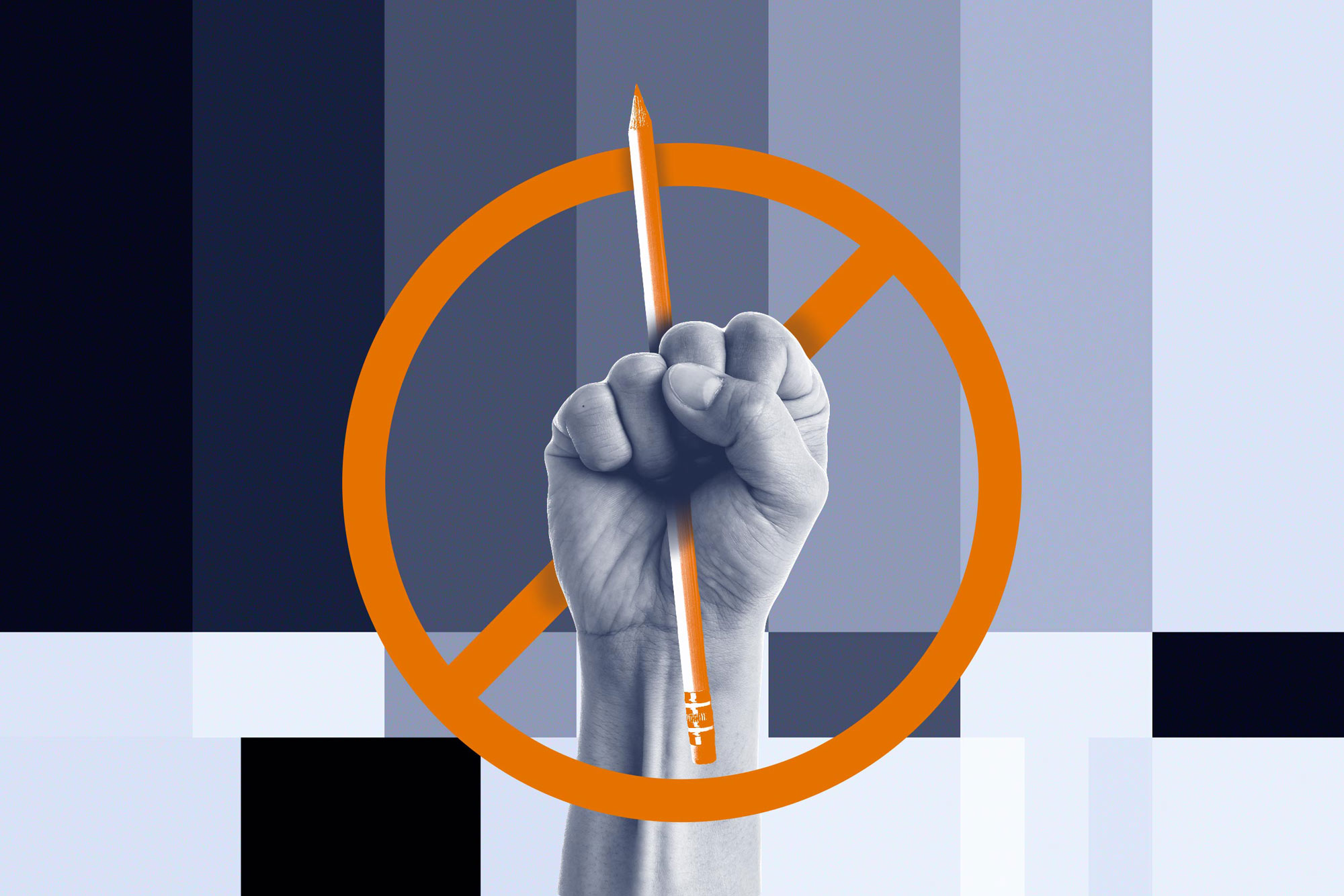With the recent roll out of Max, an amalgam of HBO Max and Discovery+, and just-released, stunning show-enders for the programs “Succession” and “Barry,” you could be forgiven if you’ve forgotten there is a writers’ strike on.
The Writers Guild of America, which represents 11,500 writers, began the stoppage May 2, protesting the pay structure of the Alliance of Motion Picture and Television Producers.
Many shows have already been affected by the strike, including “Abbott Elementary” and late-night talk shows like “The Daily Show.”
So, what are the issues and what happens if there is a protracted strike? Are viewers in for more reality television? And what about season four of “Stranger Things?”
UVA Today turned Shilpa Davé, an assistant professor in media studies and American studies, to get her expert take on the situation and learn what she thinks the future might hold if the strike is protracted.
Q. Can you set the scene for our readers?
A. The two sides involved in the contract negotiations are the Alliance of Motion Picture and Television Producers, which represents the main studios, including Amazon, Apple, Netflix, Paramount, Sony, Universal and Warner Bros, versus the Writer’s Guild of America. The studios negotiate with the Screen Actors Guild and the Director’s Guild in separate contracts. The Director’s Guild struck a tentative deal with Hollywood producers Sunday ahead of a June 30 deadline. The deal with the Screen Actors’ Guild also expires at the end of June, so this is putting pressure on the studios to work out contracts with the different unions that develop content for the studios as all are interdependent.
Q. What has been the immediate fallout?
A. As a result of the strike, some of the fall shows we were looking forward to watching have been delayed, including season three of the Emmy Award-winning “Abbott Elementary” and season four of “Stranger Things.” Already, all late-night comedy shows have shut down and are in reruns. With picket lines in front of the major studios in Los Angeles, the two sides do not seem to be nearing a deal.
The last big writer’s strike started in November of 2007 and lasted 100 days. The hope is that the strike will be resolved before the end of the summer and especially before the Emmy Awards show in September, which celebrates all shows on the small/streaming screens.






